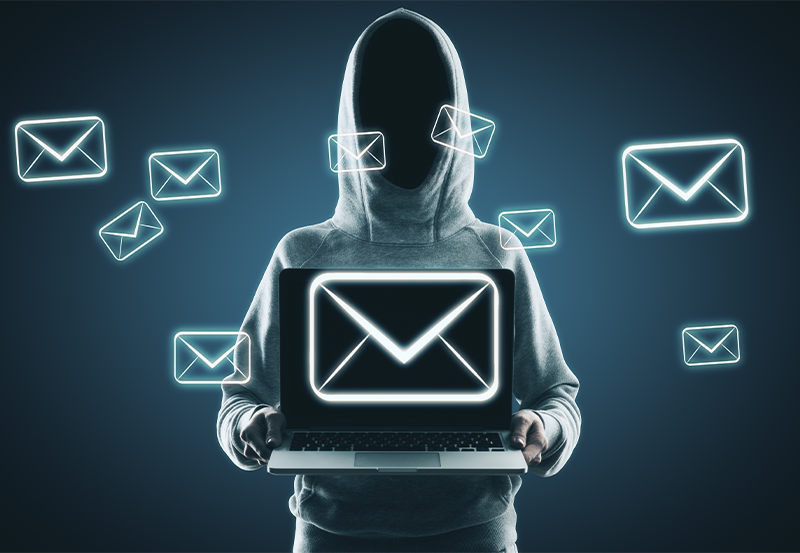E-mails might be the most widely used feature of the internet. Millions of emails are sent and received each day. It is a part of our daily lives, and this familiarity makes us forget that emails are not safe.
Are you aware of the potential risks of e-mails? Most importantly, are all of your employees aware and prepared? Because only one person's mistake is enough to infect the whole company’s computers with malicious software, or to let company secrets get stolen.
Violation of Privacy and Secrecy
E-mails can be read by everyone who can reach them. They can be easily sent to others, and published on the internet. If you use a work computer, your employer has the right to monitor and even read your emails. If the content of the e-mail is not encrypted, the contents can be read or altered without you knowing it, until it reaches the recipient. Also, e-mails count as proof at courts in many countries.
Mails Reach Unintended Recipients
While you can see the recipients to CC (carbon copied) section; there is no way to see the recipients to BCC (blind carbon copied) section. When you are added to BCC field, replying to an e-mail to all recipients may cause trouble. Distribution lists may also lead the e-mail to be sent to unauthorized individuals; even hundreds or thousands of them.
Unwanted (Spam) Mails
When your e-mail address is exposed, you may receive tones of spam mails. Spam e-mails may be just advertisements or may be created by cybercriminals to steal your data or infect your devices.
Phishing Mails
Cybercriminals send fraudulent e-mails every day in order to steal sensitive data, like ID, credit card, or password information, or infect your devices with Trojan, ransomware, and other malwares. These e-mails may exploit your curiosity, ambition, or fear to motivate you to click the link or fill the forms. They often look realistic; it is really hard to identify the fraudulent e-mails among original ones because they are often designed to look like they arrive from a bank, an official organization, your colleagues or your friends.
What should companies do?
Well, don’t be alarmed yet. Risks and consequences might be huge but preventing most of the incidents is not that hard. Most of the e-mail risks stem from carelessness, negligence or lack of knowledge. By providing a comprehensive cybersecurity training to your employees, you can help them to avoid mistakes and escape cyber criminal’s traps. Cyber security training also helps with increasing awareness and letting employees understand how serious the consequences may be.
At COBIDU Cyber Security collection, we have a course on e-mail safety among 14 life-saving subjects like data security, USB Device Security, Mobile Security, Harmful Software Protection Methods, Social Engineering Protection Methods and many more… To see our collection for yourself, request a free trial now.












